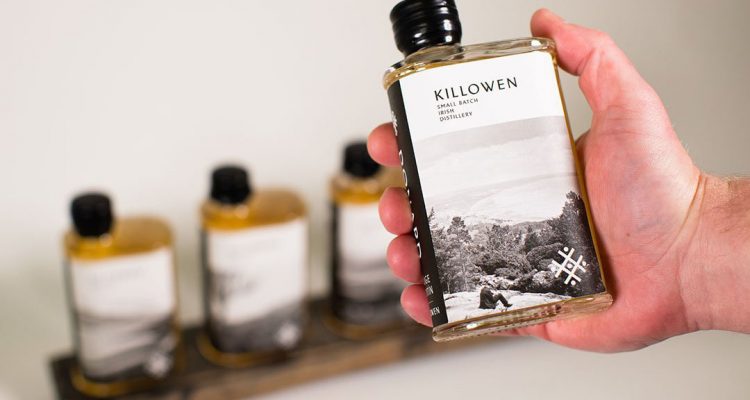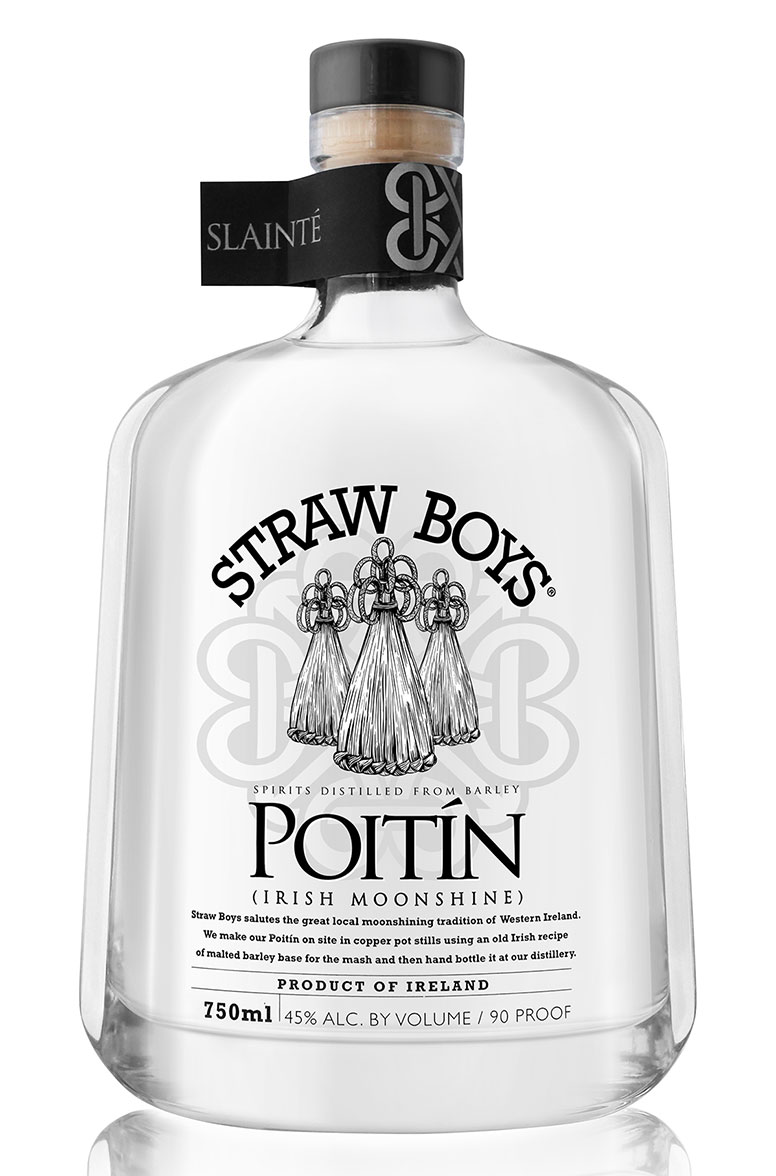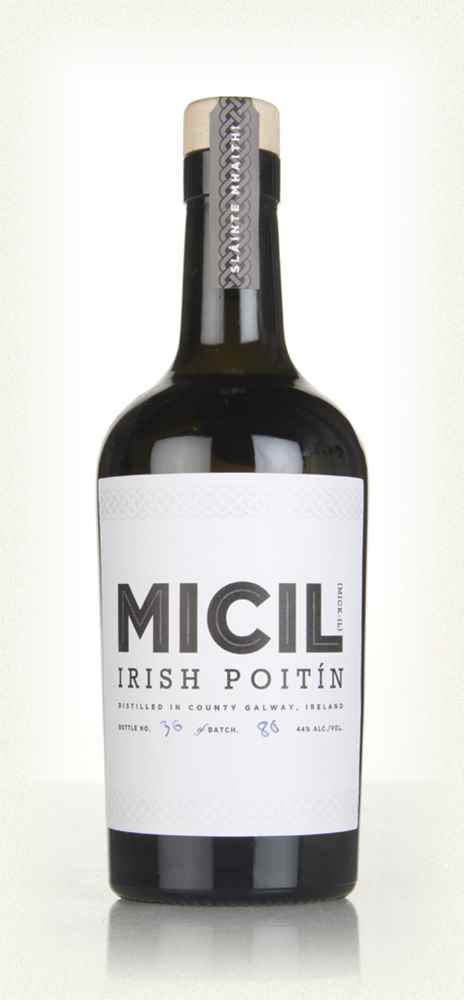Why poitín, Irish moonshine that was illegal until 1997, could be the next big thing

“It’s Ireland’s original national drink,” says sixth generation independent poitín producer Padraic O’Griallais.
He uses the 17O-year-old recipe of his great great-great-grandfather Mical Mac Chearra from Connemara to distill his own version of “Irish moonshine”. The recipe, which includes Connemara ‘bog bean’ is realised in the first legal Poitín distillery in Galway.
First distilled by Irish monks in the 6th century, Poitín pre-dates whiskey and Guinness by centuries. Nineteenth century Irish writer and clergyman, Cesar Otway believed that “To every Irishman poitín is superior in sweetness, salubrity and gusto to all that machinery and science of… parliamentary whiskies”.
Dead Centre Brewing uses an Imperial Stout cask; the Mescan Brewery of Connaught uses a Westport Red triple cask; Leinster’s O’Brother Brewing uses a Dreamcatcher IPA cask; Ulster’s Whitewater a Black Stout cask; and West Kerry’s Munster an Imperial stout.
Poitín now even comes with tasting notes. Co Wicklow’s Glendalough Mountain Strength boasts marzipan, fruit salad, coffee bitterness, lychees, apple skin and biscuit; Co Kilkenny’s eco-friendly Ballykeefe Poitín has walnut and pepper notes; Teeling Distillery’s Spirit of Dublin has fresh bread; Connaught Distillery’s Straw Boys is full of funky farmhouse hay and macaroon; and Ban (“brawn”), made at the Echlinville Distillery on the Ards peninsula, gives you cinnamon toast, plasticine and German rye.
Ireland’s oldest spirit was forced underground in 1661 by the British crown, who tried to tax it to extinction. It was illicitly distilled for over 300 years before being legalised in 1997.
The word comes from the Irish word for a pot, referring to the small pot-still commonly used by poitín distillers. Traditionally poitín was distilled from malted grains such as barley, oats, wheat and occasionally rye. Only relatively recently was poitín made from alternative ingredients such as potatoes and beets.
The highest quality stuff is still made from grain alone. Mad March Hare is made from the best locally sourced west Cork malted barley. It was inspired by a bootlegger and poitín maker named Mooney, a fruit and vegetable market trader – known locally to be ‘mad as a March hare’ – whose business was a front for his more lucrative poitín business. Mad March Hare Poitín is triple distilled in a copper pot in the spirit of Mooney’s recipe.
Dublin even has a poitín-focussed cocktail bar called “1661”, where you can order a “Bloody Mooney” or a “Scarlett O’Hare”.
Hot poitin is still considered by many to be the best way to get rid of a cold or flu, and it is also rumoured to be a powerful aphrodisiac.
Whether you call it poteen, potcheen or putcheen, the Irish word for a hangover is still póit. Sláinte!


